【新唐人2011年4月16日訊】今年是辛亥革命100週年,由北京理工大學主辦的辛亥革命100週年大學生辯論會,被有關部門叫停。有關人士認為,政府現在異常敏感,辯論會涉及“革命”兩字,自然成了禁區。
今年是辛亥革命100週年,中共當局組織了多個與辛亥革命相關的主題活動,包括多部電影、電視劇、畫展、攝影展、美術展等等。
雖然官方的宣傳活動不少,但京津高校以“辛亥革命”為主題的辯論會,最近卻被北京共青團市委取消。這次辯論會的主題是“三民主義”,參賽者包括北京大學、中國人民大學、天津大學等16所大學,並得到中國青年報、搜狐、網易等媒體支持。
擔任評審的中國人民大學政治學教授張鳴對《紐約時報》表示,政府現在“擔心所有的敏感主題”。他透露,“他們這樣做確實傷害很大。辯論會的組織者說,他們試圖談判,但是市團委不肯改變決定。”
北京理工大學經濟學教授胡星斗:“紀念辛亥革命一百週年這是中國政府早就認可的一個專案。也就是說,中國政府早在一兩年前,就決定要隆重紀念辛亥革命。”
中國網絡社區論壇上,有人對取消辯論表示不解和“鬱悶”。 在《天涯論壇》上,有人寫道:“現在維穩維得連辯論賽都取消,簡直瘋了。”
《美國之音》評論:“這似乎顯示,在有關的北京市團委或者更高官員的心目中,‘革命’,即使是中共當局要紀念的,而將近100年前的辛亥革命,和‘大學生’、‘集會’、‘辯論’和‘三民主義’湊在一起,就成了不安定因素。中國的大學不是教授治校,而是中共黨委黨官治校,從這個事例來看,共青團團委團官也治校。”
旅美學者謝選駿:“中共實質上它是否定辛亥革命,但是口頭上它不想否定,所以它還以辛亥革命的傳人自居,但實際上這兩個革命性質是完全相反。紀念辛亥革命確實有助於喚醒人民的革命意識,對中共來說是很不利的了。”
胡星斗教授希望有關紀念辛亥革命的活動可以繼續舉辦,而且“三民主義”的理想,可以在中國繼續實現。
北京理工大學經濟學教授胡星斗:“一個國家的尊嚴,實際上主要還是靠‘民權和民生’這兩方面來維護。如果不提倡民權,如果不改善民生,這個國家就沒有尊嚴。所以‘民權和民生’也是目前中國所要戮力實行的。”
大陸網友吳先生認為,現在時機敏感氣氛緊張,任何與“革命、民主”相關的議題,都會觸碰當局敏感神經。他說:“他們(中共)現在聽到‘革命’這兩個字都快瘋掉了。”
新唐人記者宋風、李若琳綜合報導。
****************************
The 1911 Revolution Becomes a Taboo in China
This year is the 100th anniversary of 1911 Revolution.
Beijing Institute of Technology was to sponsor a debate
on the Revolution, but the authorities called for a stop.
Since the debate involved "revolution" and the authorities
are now very sensitive, it naturally became restricted.
This year is the 100th anniversary of the Revolution,
the Chinese authorities organized a number of activities
on the Revolution, including films, TV shows, exhibitions,
photography exhibition, art exhibitions and so on.
Although the authorities made quite a campaign,
the debate on the Revolution between Beijing and
Tianjin college students was, however, stopped by
the Beijing Communist Youth League Committee.
The theme of the debate was "3 People's Principles."
Sixteen universities were to participate, including
Peking University, Renmin University, Tianjin Univ.
Sponsors include the Chinese Youth Daily, Sohu,
Netease and other media.
Professor Zhang Ming, served as a judge for the debate
from Remin University of China told NY Times,
the Government "worries about any sensitive topics."
"Debate organizers said they were trying to negotiate,
but the City Communist Youth League
would not change its decision. "
Hu Xingdou, economics professor at Beijing Institute
of Technology said, "Commemorating 1911 Revolution
has long been decided by the Chinese government.
About 2 years ago, the Chinese government already
decided to solemnly commemorate the Revolution. "
At the China's online community forum, people felt
hard to understand the cancellation and felt "depressed."
In the "Tianya Forum ", one person wrote:
"Now to maintain the government's stability,
even the debate is canceled, it is simply crazy. "
The VOA Commented: This seems to indicate that
in the eyes of Beijing Communist Youth League and
other high officials, anything relating to "revolution"
is what the Chinese authorities to commemorate.
Yet, when “Revolution” combined with "students,"
"assembly," "debate," and "Three People's Principles",
it becomes a destabilizing factor.
In China, colleges are not run by professors,
but by the Communist Party and party officials.
Xie Xuanjun, a Chinese scholar living in America, said,
"The Communist Party is in fact denying the Revolution,
but does not want to verbally deny it. It still claims itself
the successor of the Revolution, but the revolutionary
nature of the two are completely opposite.
Commemorating the Revolution indeed helps awaken
people's revolutionary awareness. "
Professor Hu hopes the commemoration activities
of the Revolution can continue, and the ideal of
"Three People's Principles" can be realized in China.
Professor Hu: "The dignity of a nation, in fact,
mainly relies on the people's livelihood and civil rights.
If you do not advocate civil rights, not improve people's
livelihood, the country does not have dignity.
So implementing civil rights and people's livelihood
in China is what we need to work most. "
Mainland internet user Mr. Wu thinks that
now at such a sensitive time and tension,
any topics relating to "revolution or democracy"
will touch the sensitive nerve of the authorities.
He said: “They get mad at hearing 『Revolution』."
NTDTV reporters Song Feng and Li Ruolin
看下一集

【禁聞】官捧民厭 重慶紅色頻道收視慘跌

【禁聞】官捧民厭 重慶紅色頻道收視慘跌

【禁聞】中共大整網路公關行為 難服眾

【禁聞】人民的血淚──強拆 國家的禍根?
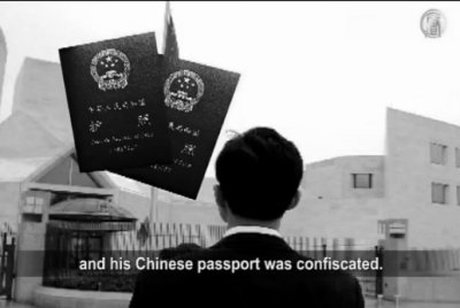
【禁聞】中共控制護照簽證 律師:善待人民
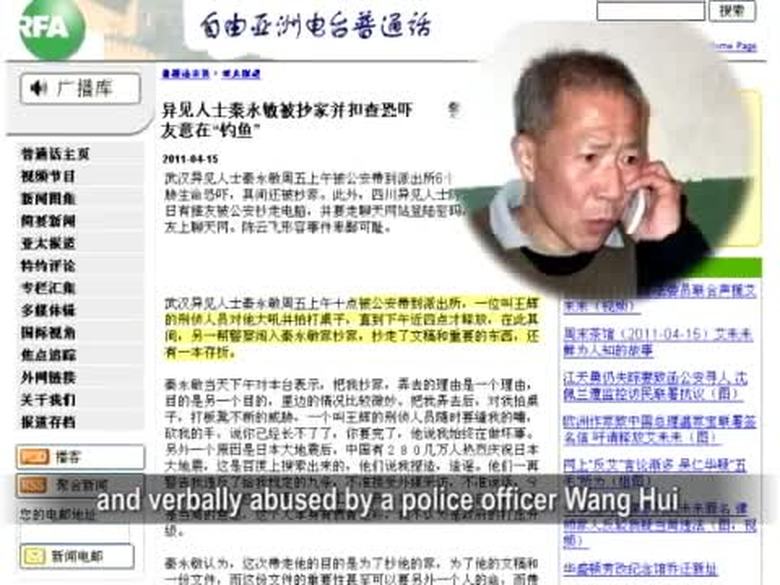
【禁聞】中共“秋後算賬” 上千人遭傳訊
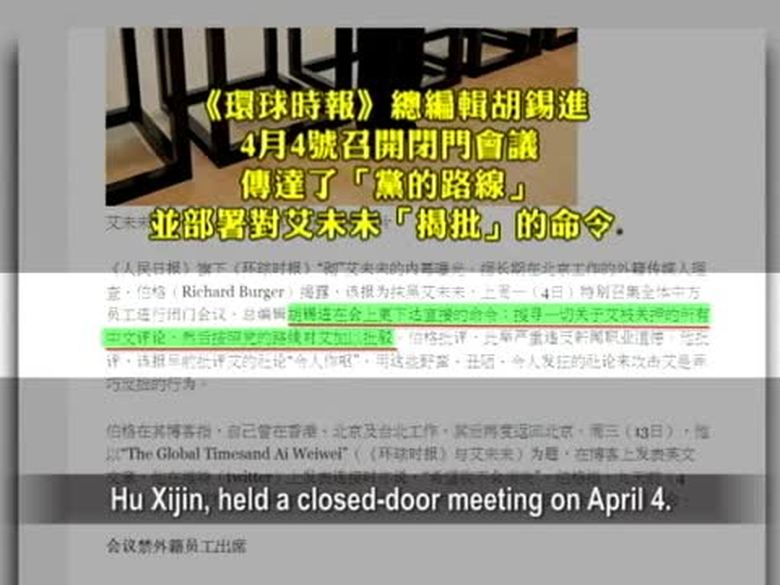
【禁聞】民眾識破官媒“抹黑艾未未”
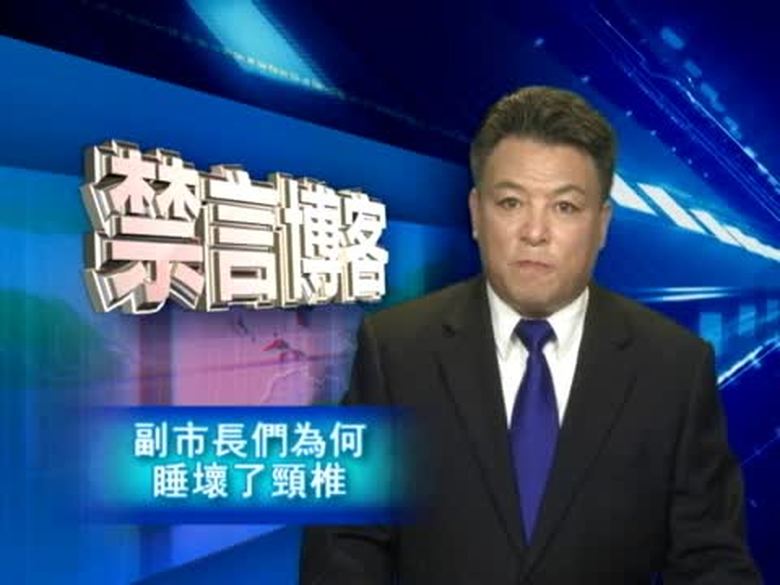
【禁言博客】副市長們為何睡壞了頸椎
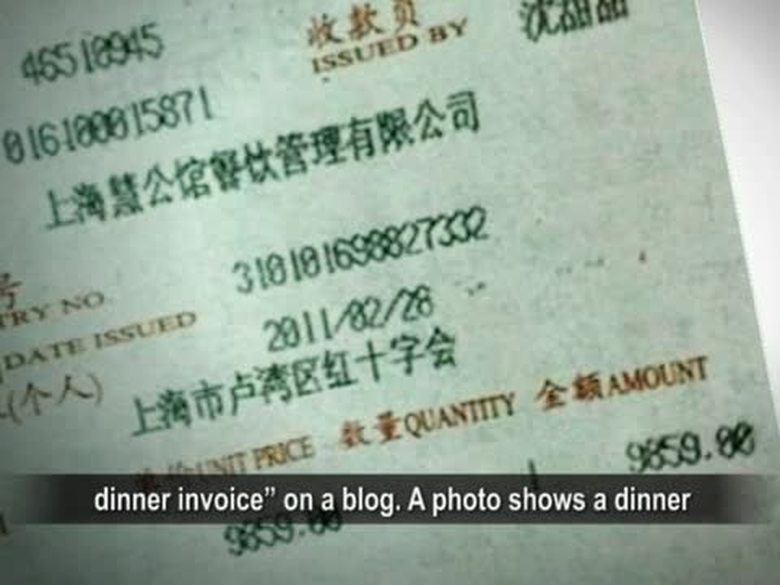
【禁聞】紅十字會天價飯局 中石化百萬茅臺
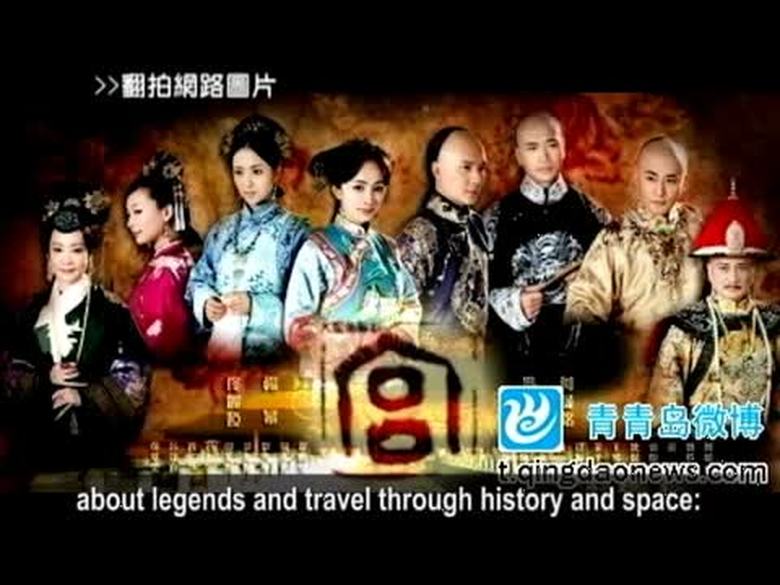
【禁聞】批“穿越劇” 大陸影視再向左

【禁聞】廣電局批“穿越劇” 大陸影視再向左

【禁聞】染色饅頭打不完 質檢局被疑作秀
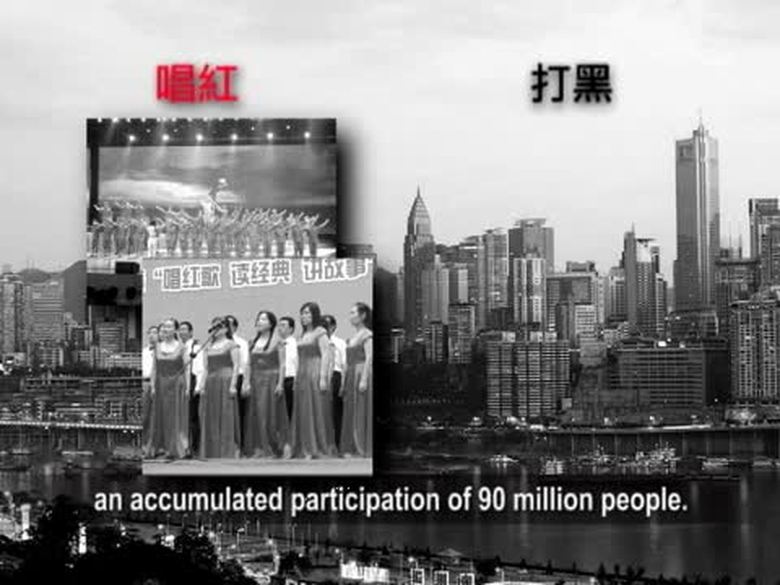
【禁聞】江系力挺唱紅打黑 薄熙來肆無忌憚

【禁聞】三流藝術家能成為抓捕理由嗎?

【禁聞論壇】美國的又一大“罪狀”

【禁聞】“世紀大講堂”訪談 中國不和諧








